In Artinis NIRS blog, you will find the latest trends in (f)NIRS, NIRS studies and applications, tutor from the leaders of near infrared spectroscopy, not to mention detailed insights and tips and tricks for your research!
Search blog post topic
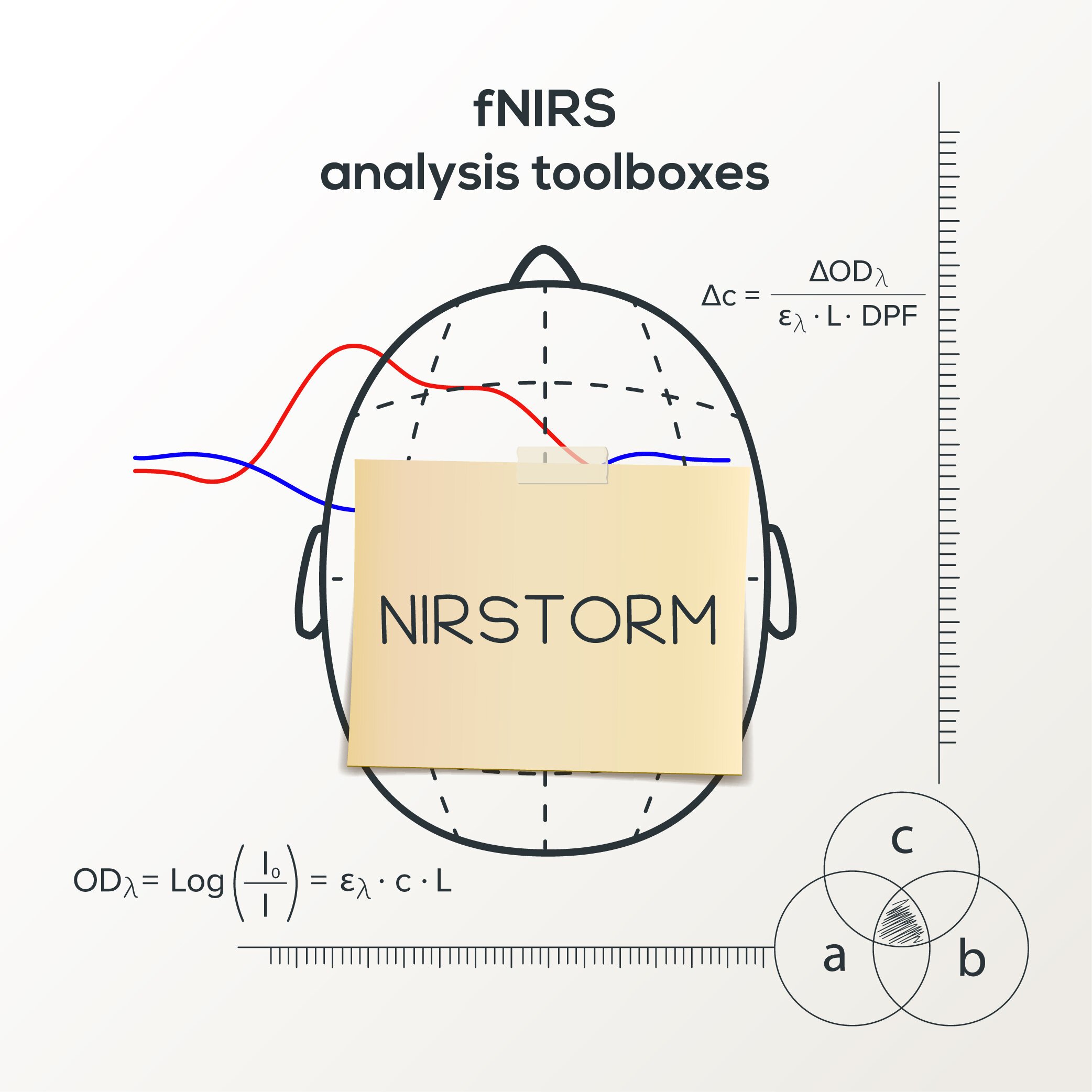
fNIRS analysis toolbox series – NIRSTORM
Here we present NIRSTORM, a NIRS analysis plugin for the MATLAB-based MEEG Brainstorm toolbox. It is aimed at researchers with a background in neuroscience, engineering, optics and physics. Here, we present the basic principle of NIRSTORM and show a simple example of how to go from raw data to a visualisation of the average response over trials and sessions.
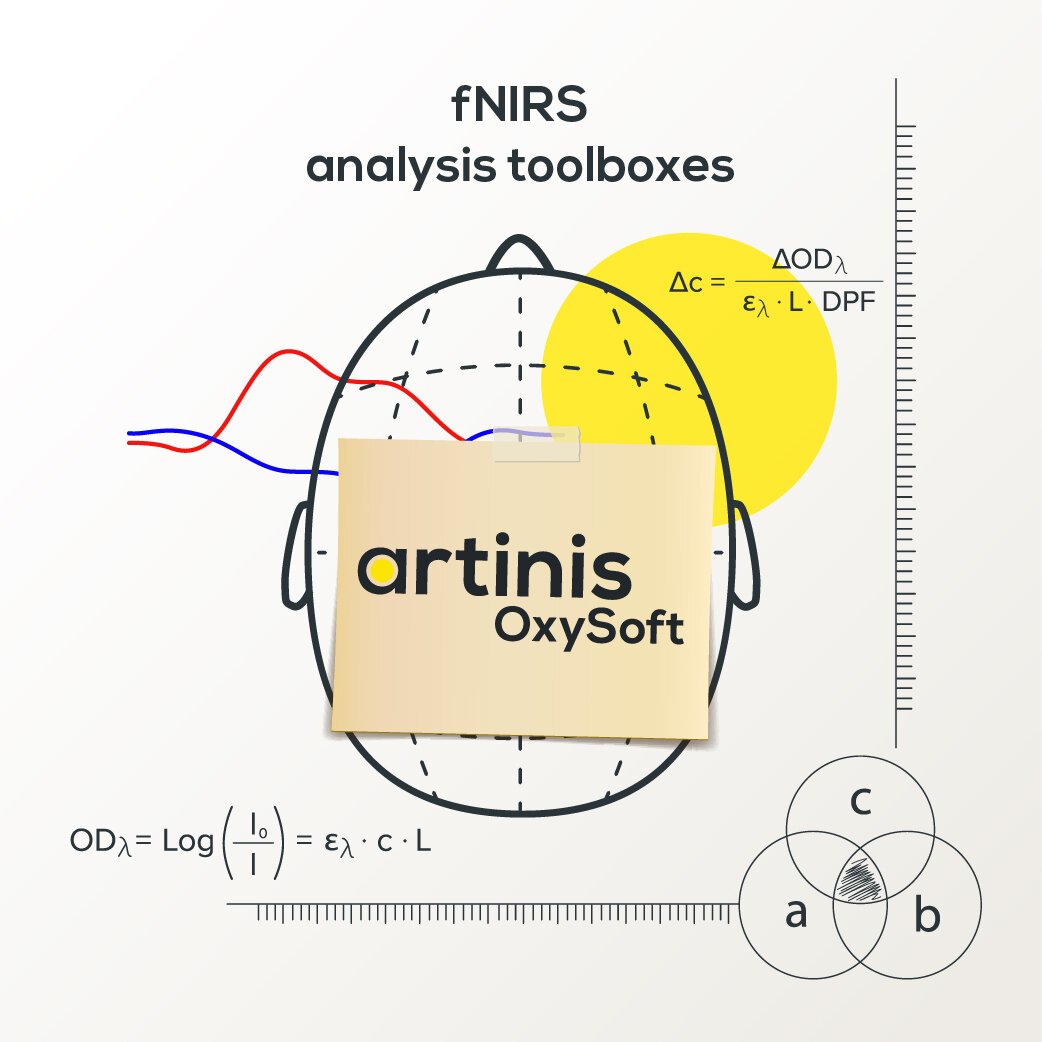
fNIRS analysis toolbox series – OxySoft
OxySoft is our proprietary, and dedicated, NIRS software used to collect, store, view, and analyze all necessary data. Here, we present the basic principle of data analysis within OxySoft itself and show a simple example of how to read in data, preprocess the data (filtering only), average over trials and over subjects and plot the final result in a graph. Finally, we will show how to get the data into a format suited for statistical analysis.
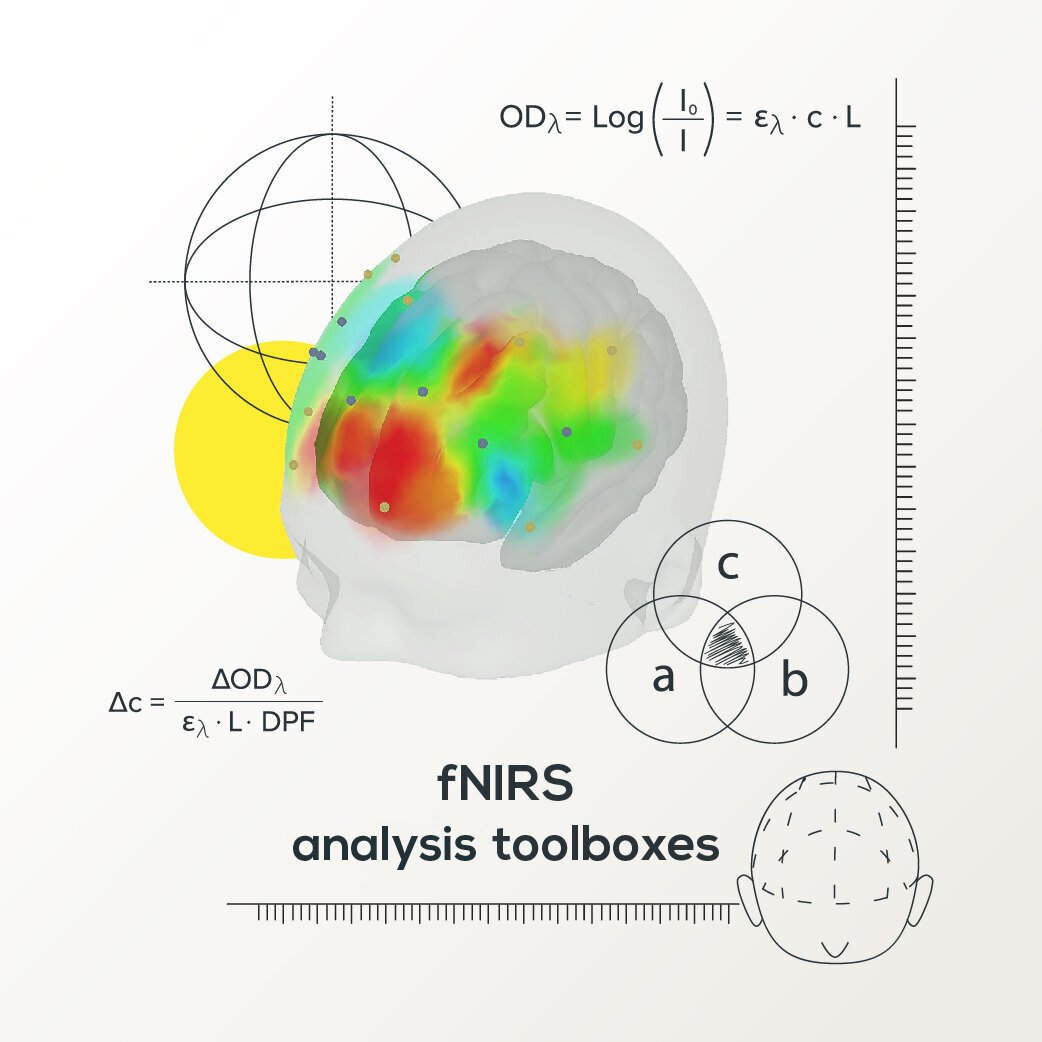
fNIRS analysis toolbox series – Introduction
In the coming months, we will highlight several toolboxes that are used by fNIRS researchers. A list of available toolboxes is compiled by the society for functional Near Infrared Spectroscopy. There are many toolboxes, each with its own strengths and specializations.
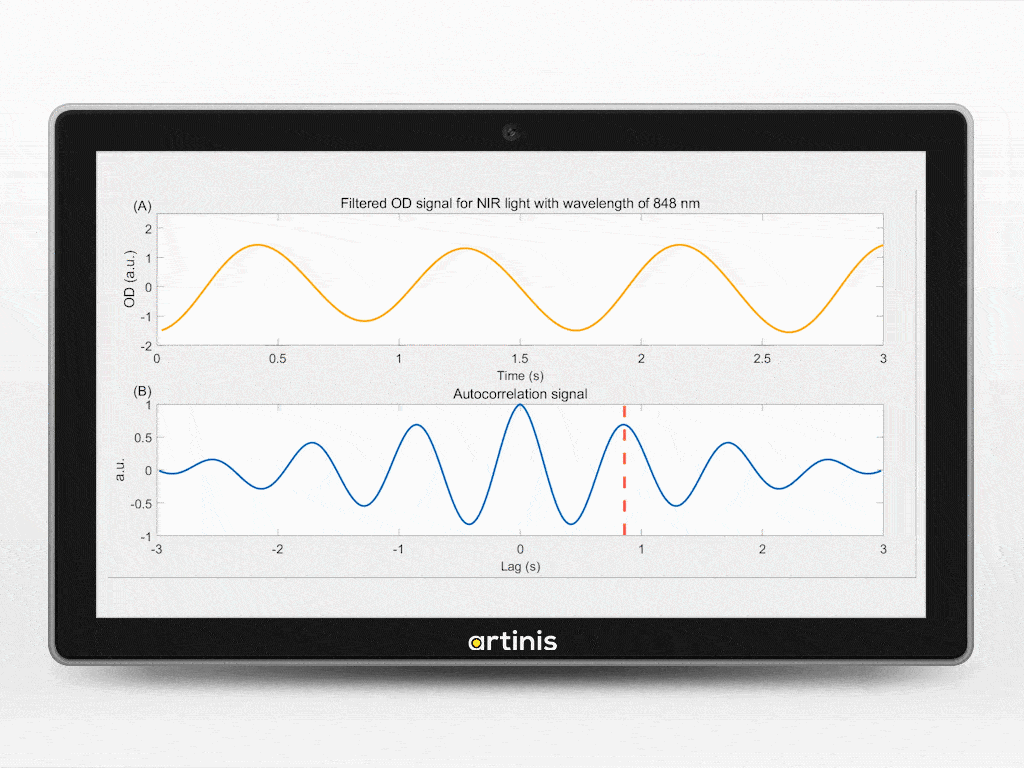
Heart rate extraction from NIRS signal
A commonly asked question is “What are the advantages of NIRS over EEG?”. NIRS signals are, in general, less susceptible to artifacts like motion artifacts or electrical noises. There are, however, also physiological components such as heartbeat, breathing, and Mayer-waves present in the signal. Although not an artifact, these components are usually filtered out since they are not useful in determining the pure hemodynamic response signal of the brain. Nevertheless, there is interesting information in the heartbeat. In this blog, we talk about taking advantage of the heartbeat in the NIRS signals and extracting the heart rate signal from them.
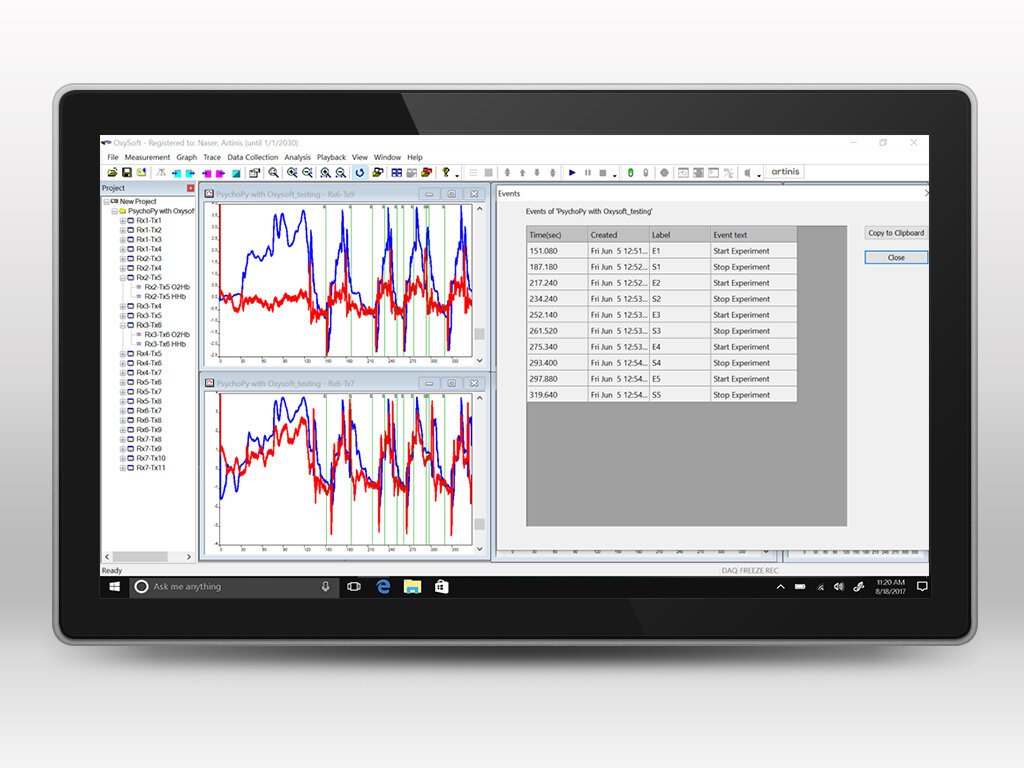
The importance of being precise: using PsychoPy for stimulus presentation and OxySoft for triggering
You’ve got your NIRS device ready and have already thought of the protocol for your next experiment. You have a clear picture of it in your head: you can see the subjects with the NIRS cap on facing a PC monitor showing each of the instructions and stimuli at the exact timing you were aiming for. Timestamps for each event are automatically saved and once the session is over, you are ready to go for the analysis. Sounds nice, right? How simple is it, though? Well, turns out it’s quite simple, actually. You just need the right tools, and the combination of PsychoPy and Oxysoft is a perfect match!
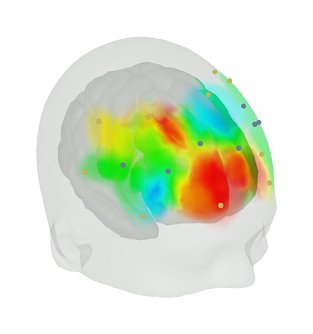
3D Digitization and Co-Registration to the MNI brain template using OxySoft
How do we know that the most active channels are located over the brain region of interest and not somewhere else? Of course, an experienced researcher just knows where to place the optodes, but is that enough to convince a potential highly-critical reviewer or fellow scientist?
